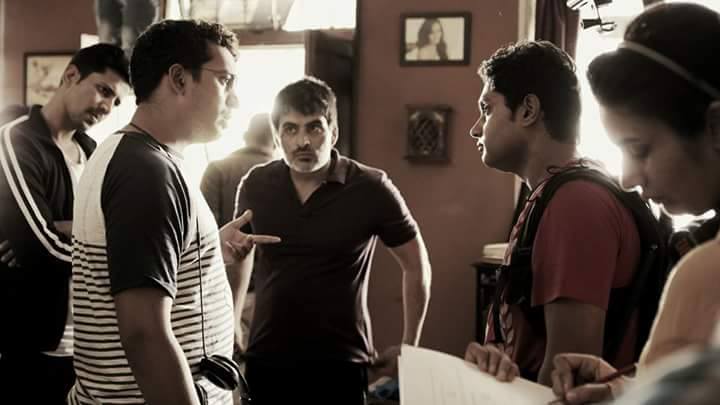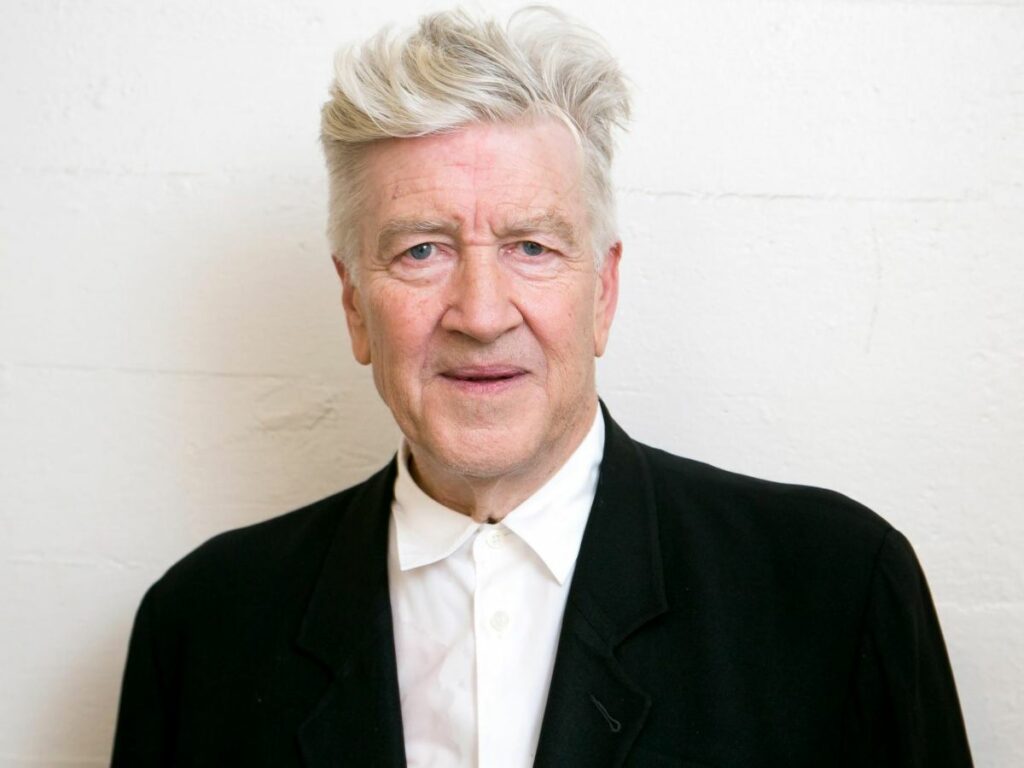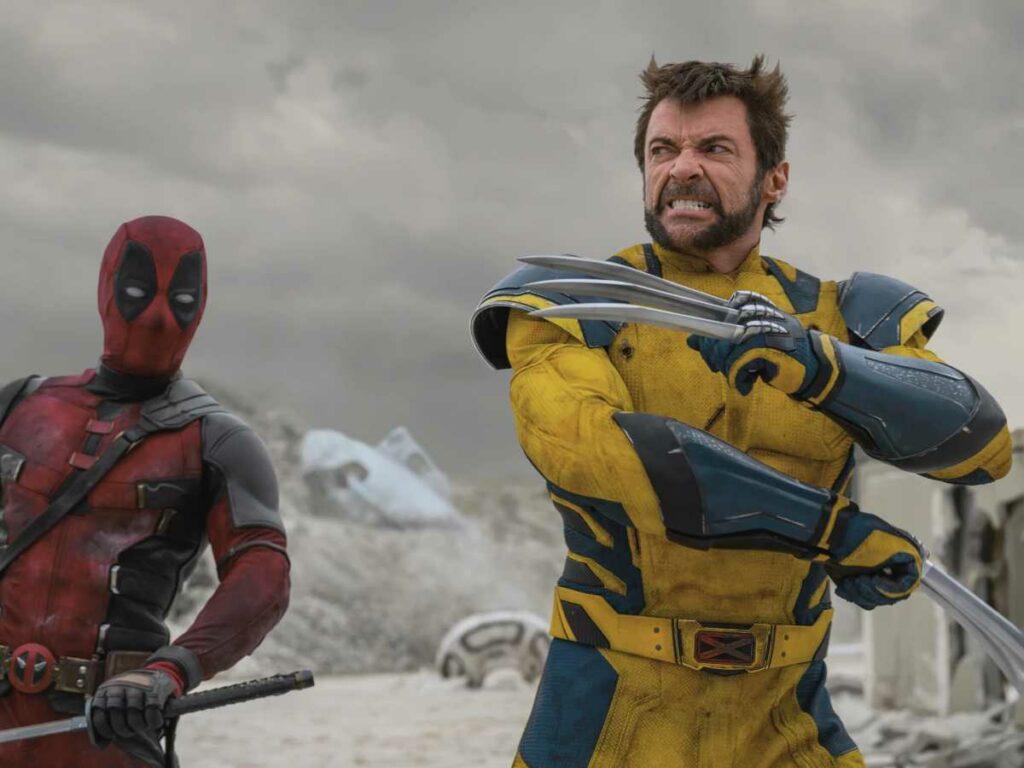Today, director Pulkit, who made a remarkable debut with Maroon last year, takes us through the story behind the making of his first film. After being screened at the Mumbai Film Festival last year, Maroon was recently released directly on Netflix.
A few years ago, I visited an asylum with a friend to research for a short film I was working on. We were able to meet many people who were going through some kind of trauma. And then I met a man who had been there for 7 years. He suffered from heavy insomnia and would ‘see’ things. Things a normal human mind cannot possibly see. I was curious to explore what it was that he saw and asked him random questions. He explained his weird hallucinations about multiple human hands that constantly hung around him. I couldn’t sleep that night. I felt uncomfortable just imagining what he might be going through.
The next morning I was keen to pen down my experience at the asylum. But I couldn’t. I wasn’t sure how to explain things going on in someone’s mind. And so, I put it off for a while.
Three years later (2014) I met Manav Kaul, with a different story, at Film Bazaar. He suggested me against it. It would have been difficult to bring people on board and make it possible. But he insisted I write something else and make a film.
I returned to Mumbai and was looking for ideas when someone very close to me was admitted in the hospital for a spine surgery. I stayed with him for any assistance he might need. The first night in the hospital, I felt weird, uncomfortable and the man in the asylum came back to haunt me. I got to my laptop right there and started writing Maroon. On the 12th day I had my screenplay. I think the dead silence of the hospital played a very important role in helping me write it.
How to Write A Play: Dos and Don’ts For Aspiring Playwrights
The day I narrated the screenplay to Manav, it was decided to make Maroon happen at any cost. I started meeting producers all over the city for the next four months. My daily schedule was to wake up, fix a meeting and narrate the screenplay to different people. It was so frequent that by the end of the month, I had the entire screenplay by heart.
(Now everyone loved the screenplay but they thought it was too dark and unpalatable for the Indian audiences. I’m kind of fascinated with blood, guns and the criminal mind. I grew up in crime-ridden Bihar and was always interested in reading or talking about crime and criminals. I always say that, if not a filmmaker, I would have become a criminal).
Months of getting a similar response from almost everyone left me frustrated and disturbed about the whole system.Finding a producer for an independent film is always tough. The fact that I didn’t come from a film background or family made it tougher.
Three months after I narrated the story to Manav, I spoke to Jyotsana (producer). We’d been friends for six years now. So she could relate to and understand my situation. At that point, Jyotsana was actually looking for a story to start with her production and she loved the screenplay of Maroon. We discussed the budget and on the seventh day, the project was on.
Recommended: 13 Indian Indie Films You Shouldn’t Miss From 2016
Pre-production began in August 2015 and we shot it in October that year. By May 16, we wound it all up. We shot it entirely on a single location and within 15 days, without a break. We’d shoot 14-15 hours a day.
I always believe that a strong pre-production is very important for any kind of film. If you and your team are standing together and are on the same page, life on set becomes easy. I was working for almost 16 hours a day with a set of four assistant directors to shape up the film for two months during pre-production. Also, I was hunting locations and breaking down/designing shots, lighting patterns and the set with my DOP (Soumik Mukherjee) and art director. As a result of this, we shot and wrapped up the entire film without any hurdles. It was a huge task. But it all went as planned. The direction team worked super efficiently in co-ordination with our production team.
Balance of art and commerce
I always believe that film making has to strike a balance of art and commerce. Those shooting on a tight budget and limited resources, should always have a brilliant executive producer on board. The job of an EP is to bring you the best of what you can avail within your budget and keep things moving smoothly. In my case, Jyotsana had Vivek Kajaria as the EP. The way they planned the production of the film was mind blowing.
Also, the right schedule is very important. And when I say right schedule, it means you should plan things not only according to the story but also from a production point of view. For example, I shot the entire film in 15 days but I shot non linear. The first shot I took was scene number 47 while I wrapped the schedule with scene number 6. I’ve seen many films exhausting their budget on the shoot, because of which the film gets stalled in the post production stage.
The best film school
Short film is the best film school one can go to in their life. It teaches you so many things that you don’t even have an idea about, when you start out. It’s a process that helps you grow. The first time I made a short, I failed brutally. It made me doubt my own capabilities. My second short turned out even worse.
Bombay 1992 was my third attempt. That was a huge success and gave me confidence to make a feature. Now when I look back, I realize that you have to have a great team in order to shoot a short. Make sure it’s rich in content and looks as grand as a feature. Don’t treat your short as a short. Treat it as a film. And keep making a short until you’re confident enough to make a feature.
I am happy and satisfied with the way Maroon turned out.
Breaking into the industry
For Maroon, none of the actors charged any money. I wrote a screenplay in which I believed and they sensed the honesty in Jyotsana and me. They loved the screenplay and jumped onboard. I think if you write well enough to excite the actors, money really doesn’t matter to them. What matters is the story and the characters.
And at the end, it’s all about believing in yourself.If you believe in yourself, it doesn’t matter if you’re from the industry or not. Everyone started their own journey somewhere. Why not us? It takes courage to take a stand and tell your story. Nothing else matters. People will say bad things about you, they’ll pull you down, they’ll make you doubt your talent. But if you believe in yourself, you’ll eventually make it here.
Maroon released in 190 countries on Netflix with 30 language subtitles, early this year and is also available on iTunes worldwide.
Recommended: Lost And Found: Director Barnali Ray Shukla Writes





https://en.m.wikipedia.org/wiki/Chasing_Sleep
Coincidence much! Felt cheated to have watched this thinking it to be an original.